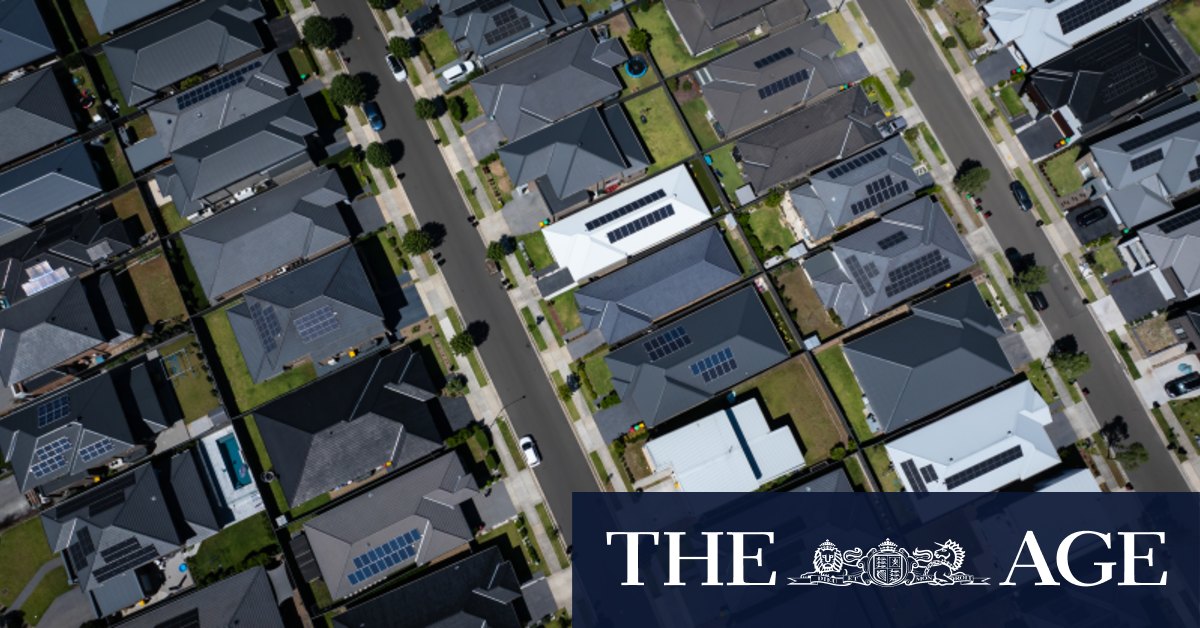Nearly a million households in New South Wales (NSW) with solar panels will face new charges for exporting power to the grid during midday. Regional electricity distributors Essential Energy and Endeavour Energy have joined Ausgrid in implementing these two-way tariffs.
Timing and Impact of the New Pricing
The updated solar pricing, enabled by a national rule change three years ago, will be phased in across 2024 and 2025. NSW is among the first to adopt these changes, with South Australia and Queensland possibly following in 2025 and Victoria in 2026. This new structure aims to shift solar exports to times of peak demand by adjusting the feed-in tariffs paid to consumers.
Solar households will continue to benefit from lower bills by using their generated energy and receiving feed-in tariffs from retailers based on wholesale electricity prices. However, an additional network charge will reduce daytime payments and increase nighttime payments.
Rationale Behind the Changes
Endeavour Energy, serving western Sydney, the Blue Mountains, and southern NSW, developed its pricing structure after extensive consultation. A spokesperson emphasized the need to support exported energy to ensure a safe and reliable supply for everyone. This structure aims to prevent unfair charges for customers who cannot afford home solar systems and batteries.
From July 2025, Endeavour Energy will make two-way pricing the default, although retailers can opt out. Essential Energy, covering far northern, western, and southern parts of NSW, will also implement an export charge and reward system in July 2025 to cover network upgrade costs.
Broader Implications and Support
The Australian Energy Market Commission (AEMC) changed the rules three years ago, with the Australian Energy Regulator approving new pricing structures for NSW distributors in April. AEMC chairperson Anna Collyer stated that the reforms address concerns about the grid’s ability to handle the increasing volume of solar energy, which is projected to double over the next decade.
All three NSW distributors will offer a free threshold for daytime solar exports and charge a network fee when households exceed that limit. They will also provide rewards for shifting solar exports to peak demand times. Households with home batteries, which cost upwards of $9,000, can store electricity for later sale.
Reactions and Future Plans
The new thresholds, charges, and rewards vary among the three companies. Endeavour Energy predicts that the average exporting customer will be $5 better off per year, while Ausgrid estimates a $6.60 annual increase in bills for typical solar customers. Gavin Dufty, executive manager of policy and research at St Vincent de Paul Society, supported the change from an equity perspective, arguing that non-solar households should not bear the costs of network expansion for solar exports.
However, solar advocates argue that the changes unfairly penalize those who invested in solar panels. Former NSW energy minister Matt Kean highlighted the need for more storage on the grid to ensure that everyone benefits, not just those who can afford home batteries.
Government Initiatives
The NSW government is already addressing these concerns. The 2023 NSW budget allocated $1 billion from the Restart NSW fund for the Energy Security Corporation, a state-owned body investing in projects like community batteries, pumped hydro, and grid stability technology alongside the private sector.
Source:theage.com.au





